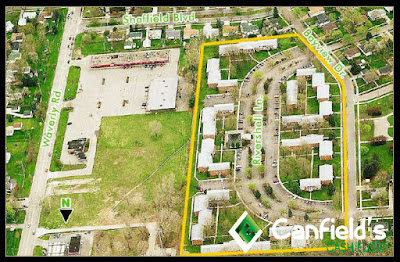The real estate sector
is unbelievably promising and it has been the favorite domain to invest into
for investors across the ages. The commercial sphere can be further categorized
into several fragments. Most importantly, depending on the features, real
estate properties can be broadly classified into residential and commercial
segments. Strictly considering the economic aspect, investing into commercial
properties is obviously more lucrative as compared to residential ones. But at
the same time these investments run higher volumes of risk. Therefore, it is
all the more important for rookie investors to get absolute clarity about pros
and cons related to commercial properties.
The common commercial
properties include office buildings, retail stores, warehouses, malls and
shopping arcades, restaurants and industrial buildings. Apart from these, there
are also mixed buildings, which house retail stores and offices with
residential apartment units. Recognizing the lucrative deals across the sector
of commercial real estate is never easy. However, it is not rocket science
either. The ideal time to get into the shoes of commercial real estate investor
is when the market is down. At such instances, one is bound to get the most
lucrative deals as an investor.
In order to achieve
success investors treading across the sector require having effective commercial real
estate investment strategies. Commercial buildings usually have much higher
income potential as compared to the residential ones. Tenants of commercial
buildings require maintaining their rented properties strictly for business
purpose. If they do not, their business will suffer. Thus, as far as
maintenance of commercial properties is concerned, both tenants and the
landlord share the responsibility to some extent or the other.
Evaluating prices for
commercial buildings is much easier and it is mostly determined by the current
owners’ income statement. Thus, it is easier to make realistic evaluations.
Moreover, lease terms for the range of properties usually have greater
flexibility. As compared to residential properties, lease agreements for
commercial buildings are governed by fewer consumer protection laws. However,
before closing a deal an investor has to take into consideration the factor of increased
cash flow.
Without a higher cash
flow, it is just next to impossible to retain commercial properties. However,
chances of filling up of vacant units are much higher in this category of
properties as compared to residential buildings. At the same time, one has to remember, initial
investment to own commercial properties is much higher as the range of
properties is obviously more expensive as compared to the residential ones.


No comments:
Post a Comment